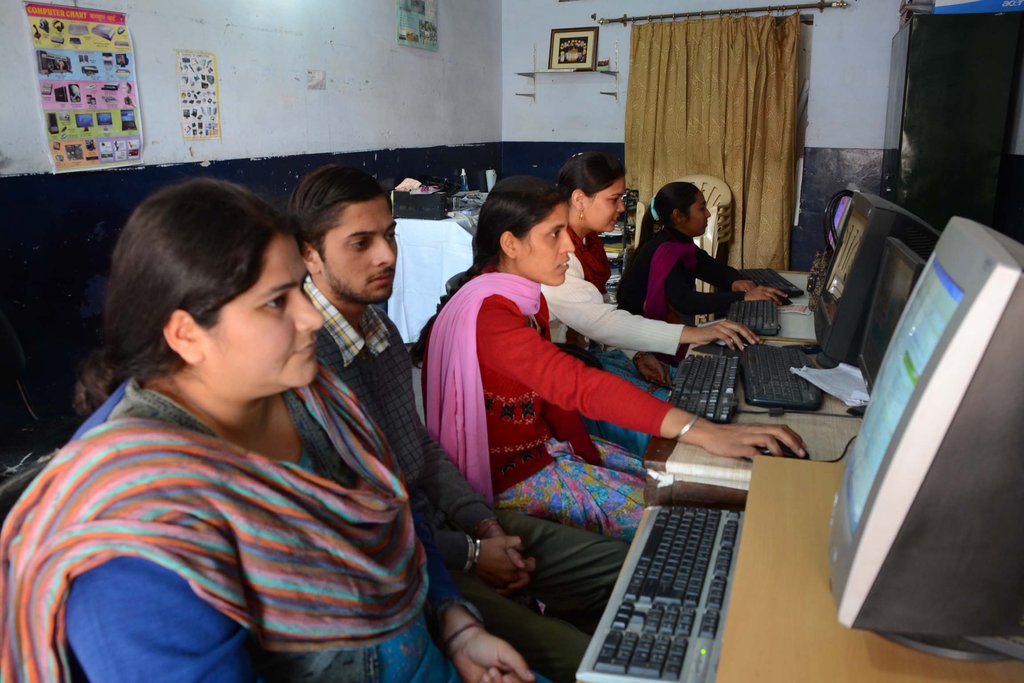2024
Saral Services made significant strides in bridging the digital divide and improving education in rural areas. Through the ASHA project, we supported 493 weaker students across 10 government middle schools in Nalanda District, successfully transforming 275 students into fluent readers. Our Digikul training center provided 3-month digital literacy courses to 40 youths and introduced computer orientation classes for 28 school students. These efforts, supported by partners like Cochin Shipyard and Rajiv Gandhi Foundation, have collectively strengthened digital skills and improved educational outcomes for rural communities.



